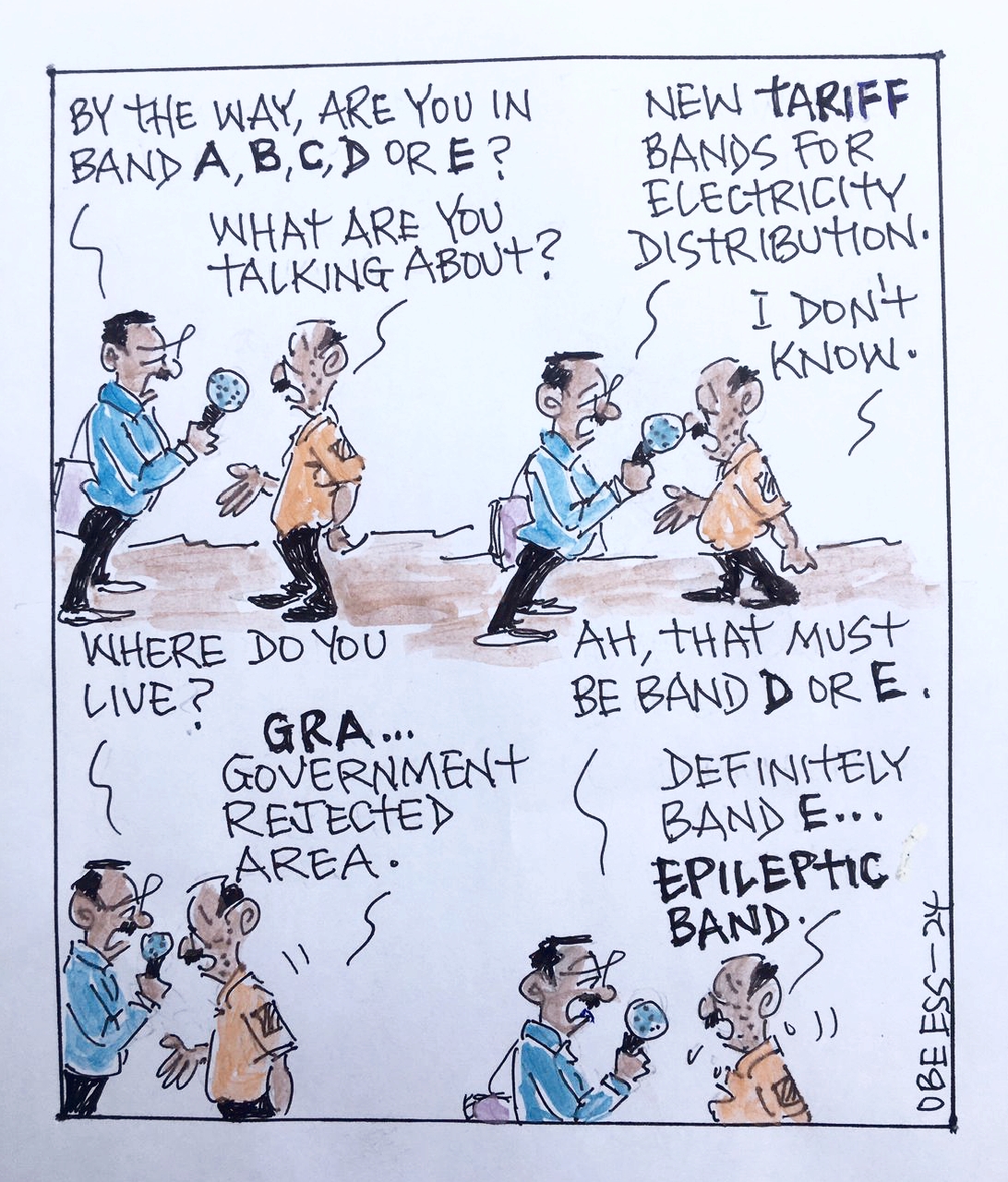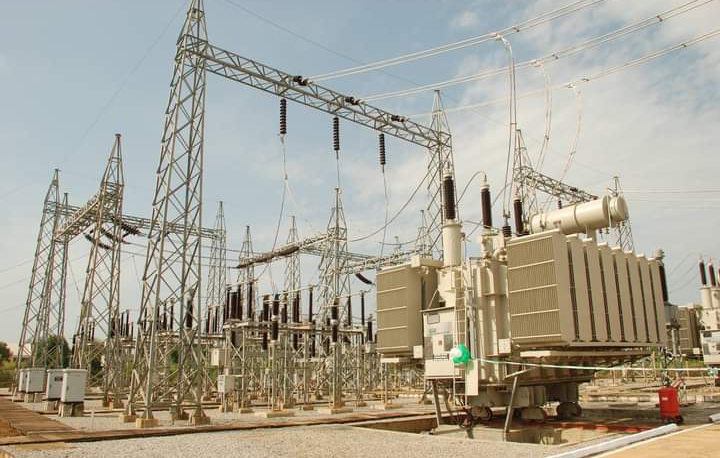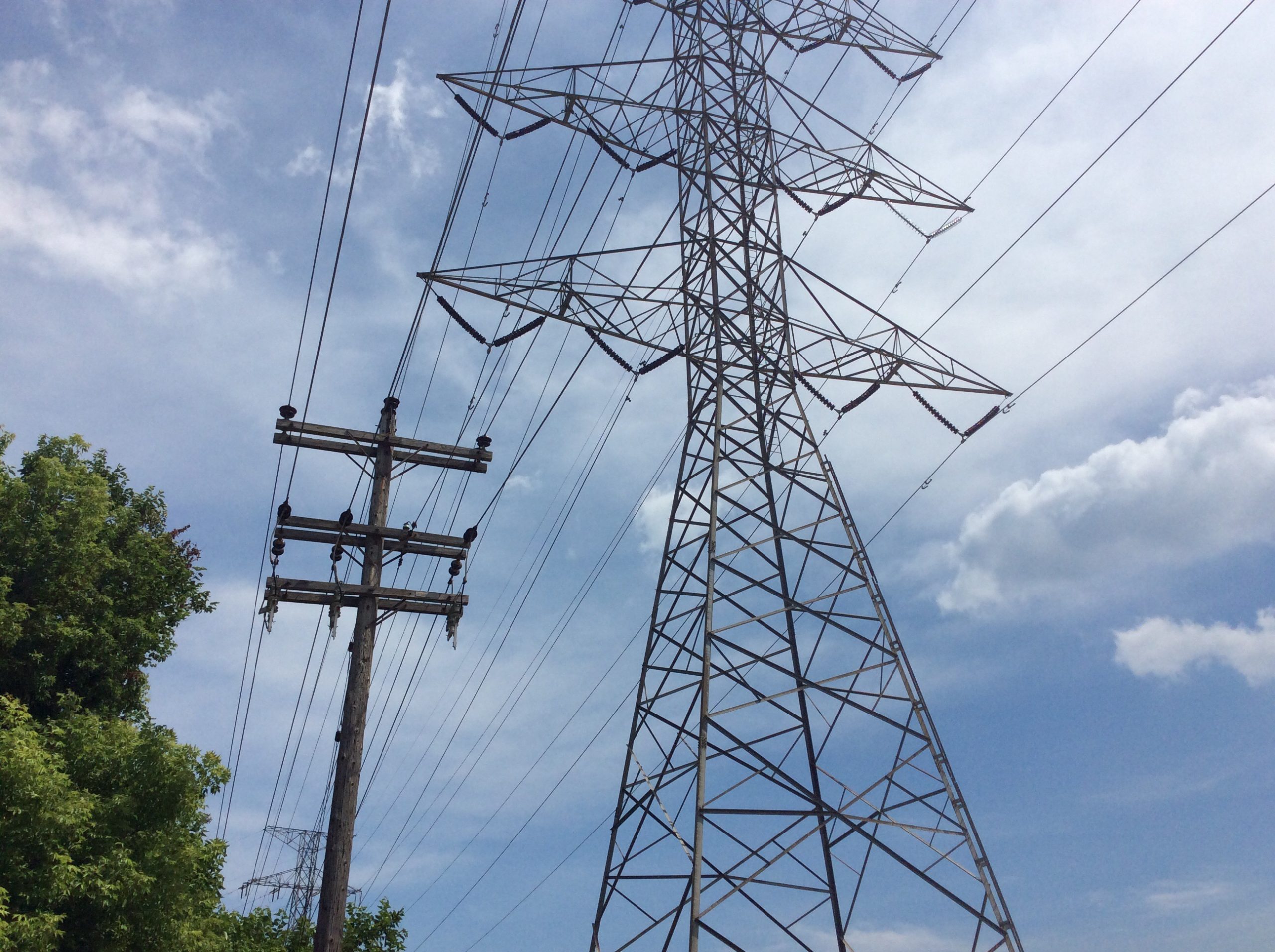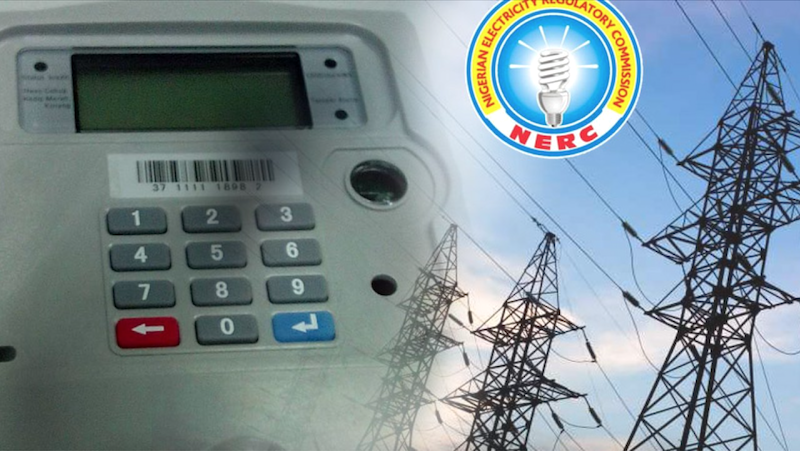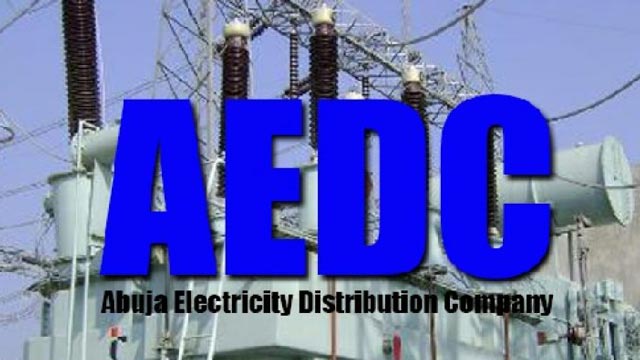On the technical matters of electricity supply and consumption rates, I am just a layman. I fare even worse when it comes to engaging professional technocrats and technicians on the arithmetic of pricing public goods and services. On goods that ought to be available to all of us at least cost to make life better and more livable, I do not break my head over the minutiae of megawatts and kilowatts. I just do not know how they calculate power supply, consumption, pricing and the like. But I know a few things that matter about electricity and public goods and social services in general. I know how long it takes for the ambulance to arrive in an emergency. I know how long it takes to beg and pour libations for the police response squad to show up when people are in distress.
When I arrive a country, within the first day I make up my mind whether the power system works or not. If hotel power goes off and on every other hour, I nod with familiarity . If I enter a room and flip the switch, I know when there is electricity supply. When driving through a neighborhood, I know when everywhere is in pitch darkness. I prepare psychologically for the evils that hide in the dark. When I get home at the end of the day’s grind, it is no longer a surprise if the house is on generator or in pitch darkness. Whether under politicians in mufti or the ones in army fatigue, Nigerians have come to know our public electricity system as a metaphor for all the ailed promises of our lives since after 1960. Children learn to cope with disappointment each time they are playing or watching television and darkness descends everywhere; they shout in a mixture of suppressed disappointment and predictable certainty.
In dealing with our governments over the last few decades, I have also come to master the antics of political tricksters and the fraud that often goes in the name of government services in these parts. The grandiose promises. The ceremonial tapes cut to inaugurate phantom projects and programmes that were designed to fail from day one. The mathematics of fraudulent reforms and the bare faced robbery of those who insist that nothing in a republic was meant to be free of charge in the first place. The massive gifts of betrayal in return for votes cast in defiance of rain and sun!
It has become more frequent in recent times. To greet Nigerians for the sacrifice of Lent and the rugged self -denial of the Ramadan weeks of passion, the Tinubu government casually announced a stratospheric increase in electricity tariffs. There was no dress rehearsal. No previous warning. No enlightenment to psychologically prepare the populace for yet another unplanned tax. The electricity tariff increase was announced in typical military ambush fashion. The new tax on electricity would seem to have come from the same package as the earlier petroleum subsidy removal and currency devaluation. Just a casual bloodless announcement by a government that speaks as though it operates from outer space. No feelings. No compassion. No regard for the sensitivities of those whom their policies have left stranded and wounded. So much hurt on the same people in only one year or less.
Since the tariff increase, the electricity regulatory authority (NERC) and other government bull horns have dominated the air waves with senseless propaganda. A cacophony of confusing statistics, disarticulated figures and mangled arguments have been advanced to justify what is clearly a tax on our disgraceful electricity supply system or the prolonged darkness that it has foisted on our people for endless years.
By their revelation, only a miserable 13 million Nigerians out of our estimated 230 million have access to electricity. Of this number, less than 2 million consumers enjoy up to 20 hours of power supply in a day. In the entire nation, only a consistent less than 4,500 Megawatts of electricity is available from hydro, gas and thermal stations whenever they work. Compared to other nations of equivalent rank, Nigerian’s total electricity supply figures have remained almost static with a national grip that collapses nearly once every week. South Africa produces 58,095 Megawatts. Egypt produces 16,900 Megawatts, Ghana reached 23,963 Megawatts in 2023. In comparison, Nigeria lives in virtual darkness as far as electricity suppy is concerned. Yet it is this perpetual darkness that is now being taxed to high heavens.
The logic of the new tariff increases is even more atrocious. Under the new regime, Nigerian electricity consumers have now been grouped into Bands. Those on Band A are consumers who have been accused of enjoying up to 20 hours or more of electricity per day. This class of privileged consumers is estimated to be only a miserable 1.5 million consumers. They have had their tariffs increased by 300%. By this curious logic, consumers on other bands would with time have their tariffs increased by a graduated scale in due course. But for now, only 1.5 million consumers will bear the burden of the tariff increases and therefore pay for the maintenance of power installations, fund the cost of new investment and keep the national power sector alive.It is this stratospheric increase that will make the electricity sector attractive for new investors, pay for supply to consumers in other consumer bands, extend electricity supply to the rural areas, maintain the various gas and hydro electric facilities etc.
Part of the so called strategic calculation of the government thinkers is that those under Band A are too comfy and rich to disturb the peaceof government through protests, loud complaints and acts of civil disobedience. For now the more troublesome masses in Bands C, D, E etc are temporarily insulated from any tariff increases. Their rich compatriots will pay for them. By the crude propaganda of the NERC and the government megaphones, once the new tariff comes into effect, there will be constant electricity, no more load shedding, no further national grid collapses etc.
In terms of implementation, the entire thing was smuggled in quickly under cover of Easter and Sallah celebrations. Its immediate victims were carefully My friends who live in Band A areas enjoying nearly 20 hours of power daily tellme they used to spend an average of N10,000 daily on electricity. Since after the draconian increase, they tell me they now spend between N35,000 and N40,000 daily on electricity. Much of what they get as power supply is half current. They are still visited with unannounced periodic power outages and load shedding at the discretion of the local distribution companies who are accountable to no one in particular.
This Band A palaver does not end with the individual elite consumers. If the parameter is the number of hours of electricity enjoyed by a consumer, then bigger trouble is in the pipeline. Major hospitals (public and private) whose life support equipment are hooked onto electricity are in this band. Major hotels, factories, malls, airports and other public places may find themselves in this band. They now need to increase their service charges in order to pay for the new tariff. Even the National Assembly is under Band A and its spoilt occupants cannot spend a minute in session except in air conditioned comfort!
Official response to the untold hardship of the new tariffs has displayed the trade mark insensitivity of the Tinubu government. The Minister of Power has in fact accused Nigerians of being irrespeonsible in their power consumption habits. People leave their light bulbs on foer indefinite hours. Others leave their refrigerators and air conditioners on indefinitely.The minister has reportedly apologized for the insult but has never disowned the insulting utterances. Like the currency flotation and gasoline tax, the government has not been honest enough to own up that these policies and so called reforms are largely plagiarized prescriptions of the IMF and World Bank. Regime trumpets are too busy singing the praise of the reforming zeal of Mr. Tinubu to own up to the crass thoughtlessness of these so called reforms. Even worse is the lawlessness of the reforms like the electricity tariff increases.
My brother and friend, Femi Falana, has screamed in disbelief that this electricity tariff gambit is mostly illegal. In the applicable NERC law, there is provision for an early warning, a mass public enlightenment campaign, public hearings across the nation, as well as National Assembly debates and ratification of the proposed tariff regime that would precede a consensual increase in electricity tariffs if any. None of these requirements was met or adhered to. Just a casual insensitive announcement.
What makes the electricity tariff increase problematic is the long standing reputation of our electricity system. Among the populace especially the urban and rural poor, our public electricity system has become synonymous with perennial darkness. Where there is power supply for a few hours, there are hardly any meters to measure what is being consumed. This has led to the fraud called ‘estimated bills’ under which officials of distribution companies inflict whatever draconian bills they decide on hapless consumers and negotiate payments into their pockets or the coffers of the vastly incompetent distribution companies with their armies of corrupt officials and dubious owners.
While affected consumers struggle to pay the new tariffs through every part of their body to keep their homes lit and their businesses in session, the tariff increase has raised too many questions about the nation’s electricity sector. How will the 300% tarrif hike on a small segment of consumers (1.5 million) create the pool of resources needed to develop the power sector into a viable national sector? How does this tariff increase inflicted on a minority elite alleviate the hardship of a whole nation? What happens to electricity consumers in the other bands no yet covered by the progressive tariff increases?
There are more serious issues of accountability and basic responsibility of government that have remained lingering over these years. Estimates of expenditure on the power sector between 1999 and 2010 indicates an expenditure of over N4.7 trillion. Countless projects have been initiated and abandoned by all manner of foreign and local investors. Politicians have made many impressive speeches about their intention to end the reign of darkness if only to deepen the crisis. Some states have even tried to initiate power projects on their own only to auction off the infrastructure because they did no homework on the implications. In spite of this huge expenditure, vast areas of the country have no experience of what is called electricity. Our rural, suburban and inner cities are without electricity sometimes for upwards of 6-8 months in a year. In spite of the speeches and succession of regimes, Nigeria is still stuck with less than 5,000 Megawatts of electricity on a year-on-year basis. Our legacy after the huge expenditures is endless darkness.
All manner of solutions have been implemented. Separate generation, transmission and distribution companies have been created and rolled out. Power distribution licenses have been issued to companies in different locations of the country. In most cases, these licenses were issued to companies owned and run by political crooks and virtual illiterates and sometimes outrightly bankrupt individuals who have resorted to massive bank loans to sustain their rickety operations. The end result is the current state of scandalous inefficiency in the delivery of a service that ought to be the lifeblood of the nation.
It is part of the fraudulent devaluation of language in the politics of the present day to refer to a heartless increase of tariffs on electricity as ‘reform’ of the power sector. Imposition of a huge tax on the nation’s long dark night is perhaps the best name for the present politics of insensitivity and lack of compassion.

